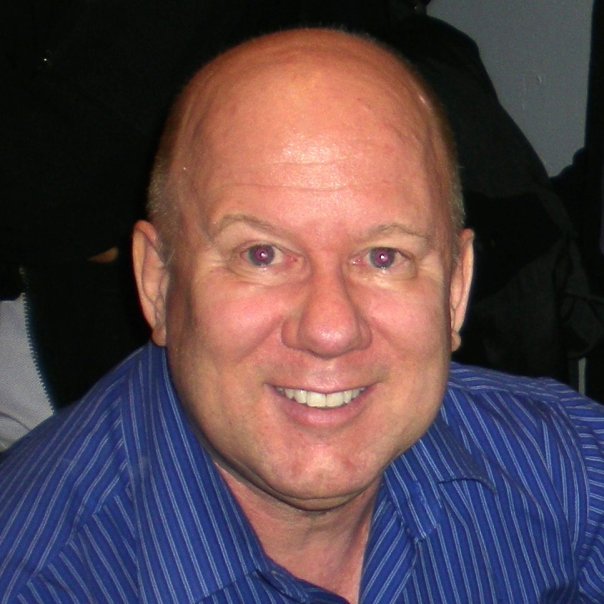For a mere six months I had been the new Executive Director of Other Sheep when I first met Dr. Jeri E. Williams, Pastor of Drexel Hill Baptist Church, Drexel Hill, PA. We met at an Association of Welcoming and Affirming Baptists meeting in New York City in February, 2006. (I was so new to this circle of Baptist LGBTs that I didn’t even know how to pronounce AWAB correctly: Is the second “a” like the “a” in father or the “a” in apple? Or is it neither?)
Like the church she pastors that encourages LGBTs of all ages, she asked me to bring to her church a four hour Saturday seminar on the Bible and Homosexuality. I believe she did so to cause me to stretch myself in ministry. What an assignment! I knew it would have to be a Power Point presentation though I had never created a Power Point presentation before. And, never before had I heard myself speak out loud in front of an audience on what the Bible does or does not say about homosexuality. Nonetheless, she entered a date into her planning book: September 30, seven months down the road.
I used to pastor. I used to bring sermons and Bible studies on a regular, weekly basis. But all that ended suddenly in 1997 when I left the ministry and openly came out as a gay man. Now, nine years later, after applying myself to all the books I could find on homosexuality and the Bible, I was being asked to once again teach. What a blessing she and Drexel Hill Baptist Church were to me when they asked me to teach. Enough taking in, it was time to give out.
In writing up the material for my seminar, I saw myself again a debtor to theologians and scholars. But this time, I was a debtor to queer theologians and scholars who had provided exceptional queer academic studies for queer theological students like me.
Now it’s true that what you’ll find in the Power Point presentation is not original except in the creative way in which it is presented. And that’s what teachers do. We want to catch your eye and ear and heart. Also, it is true that the material I present is “old hat” to many. “I’ve heard it all before,” they may say. Nonetheless, there are still others to come, who like myself in 1997 will need this material. How happy I was in 1997 to find that there were theologians who, for the prior twenty years, had been applying themselves to gay Biblical studies. I was dumbfounded that I had not been exposed to their writings. But now, in 1997, my spiritual life depended on it. I had to find these writings.
Just this week, as I write this, a Baptist Christian in his 30s and a graduate of a nationally known evangelical university, wrote two heart wrenching emails to me about the brokenness he is experiencing as a gay Christian, not knowing where to turn and having no general knowledge of how the Bible does NOT condemn him. This material on the Bible and homosexuality may be “old hat” to some, but for years to come there will be those, I believe, especially within evangelicalism, both straight and gay, who will be reading for the first time material like this. They need this teaching. It will become their new starting point to a certain degree, no doubt. And then on from there in their journey of finding and knowing God.
So, with heart felt gratitude, I express my thanks to Drexel Hill Baptist Church for placing their faith in me to edify them – as I once did as pastor – through the teaching of the scriptures. And though I am repeating myself, thank you Thomas Hanks, Robert Goss, Jeff Miner and many others like them for placing before us LGBT Christians the pearls you’ve found. And at what great price, in some cases, I’m sure!

Rev. Stephen R. Parelli, formerly an ordained evangelical Baptist minister who pastored in the states of New York and New Jersey, became the Executive Director of Other Sheep in 2005. Other Sheep, founded in 1992 in Latin America by Rev. Dr. Tom Hanks, an American missionary, author, and contributor to the Queer Bible Commentary (Romans and Hebrews), is a multi-cultural, ecumenical Christian ministry that works worldwide for the full inclusion of LGBT people of faith within their respective faith traditions.
